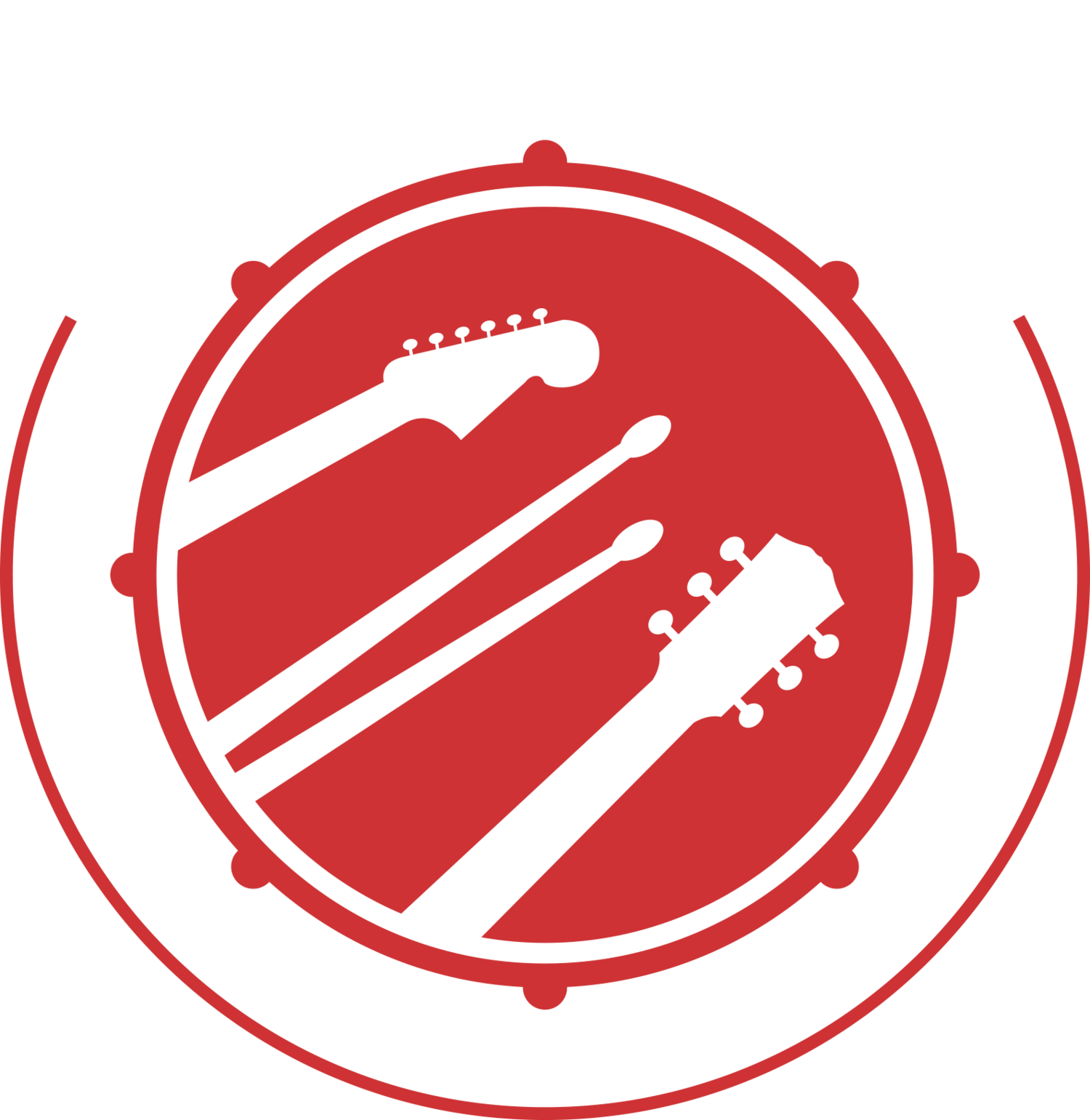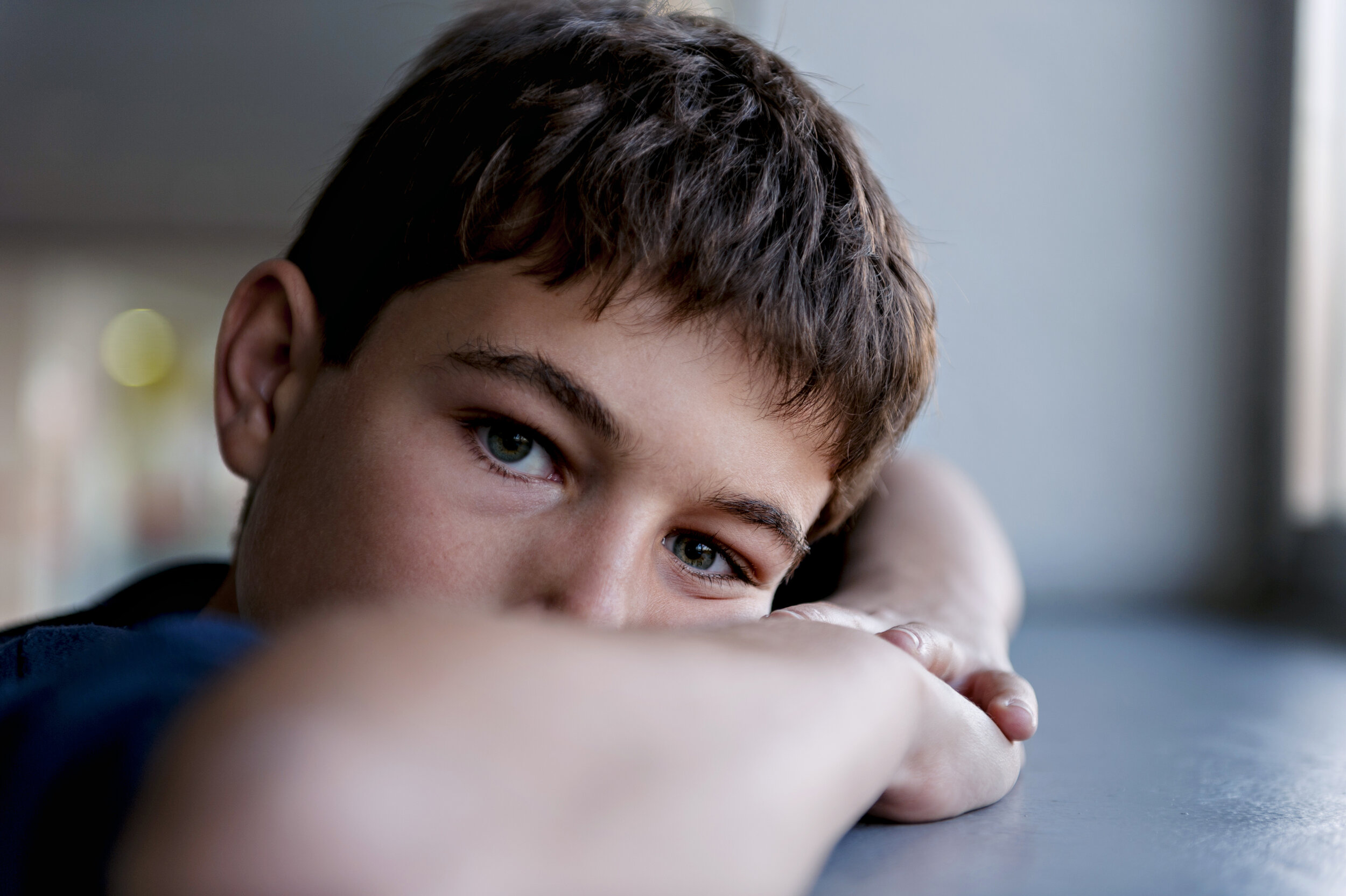Music is a powerful thing––it inspires us to dance when we’re happy, motivates us to run a little farther, and helps us check a whole list of chores off of our to-do lists. But for people who are on the autism spectrum, music is also a way to communicate, learn, and develop. So what is autism, and how can music affect the way those with autism build self-awareness and learn to communicate?
First, we need to address what autism is, and how autism differs from other disabilities.
What Is Autism?
Approximately one in 68 Americans will have a form of autism—which can be treated if caught early enough, though individuals cannot outgrow it. It’s recognized as a highly complex disability that affects the way individuals communicate with other people––verbally and physically. Despite there being so many different cases of autism, it’s hard to narrow down a specific cause of symptom.
Music Is a Powerful Tool for Autism
One of the reasons music meets the needs of individuals with autism is that it can improve skills in areas such as communication, social skills, sensory issues, cognition, motor skills, and self-confidence. Music has quickly become a tool used in autism therapy, as it can stimulate both hemispheres of the brain rather than just one.
Many autistic children struggle to communicate with other children, which can be a huge social barrier. Music encourages communicative behavior and can encourage children to interact with others in a stress-free environment. Introducing a child to music in an environment with other children can help them to open up to others, interacting with their instruments as well.
Studies of Early Intervention
Studies of early intervention have shown that if parents learn together with their autistic children, it can help foster a supportive, creative environment to bond in a healthy way. Aside from the sensory aspect of dance, the verbal advancement of lyrics, and the social dynamic of learning an instrument, rhythm can help encourage play time that involves the entire brain. This is why we believe that neuro-inclusive programs are necessary in the lives of those with disabilities.
What to Expect In Neuro-Inclusive Music Programs
Our neuro-inclusive music programs are designed to meet the needs of individuals with autism, who may struggle with learning and sensory issues. We offer two programs that have shown improvement in the self-esteem and social skills of children with autism: Drum Therapy and Keys to the Soul.
Drum Therapy
Our percussion-based program, Drum Therapy, is implemented by a certified D.A.D. Drum Therapist. Drum Therapy has numerous benefits including improved coordination, sensory integration, cognitive development, and motor skill improvement.
Keys to the Soul
Our piano-based program, Keys to the Soul, improves coordination, sensory integration, cognitive development, and motor skills. We presume competence despite perceived ability, adapt our approach to the individual, and allow our students to consistently surprise their parents with their musical capabilities.
Music is a powerful tool, and when used in an educational background, can be life-changing for children with disabilities like autism. We believe that our neuro-inclusive programs are just the beginning for your child. For more information, contact The Music Room.

